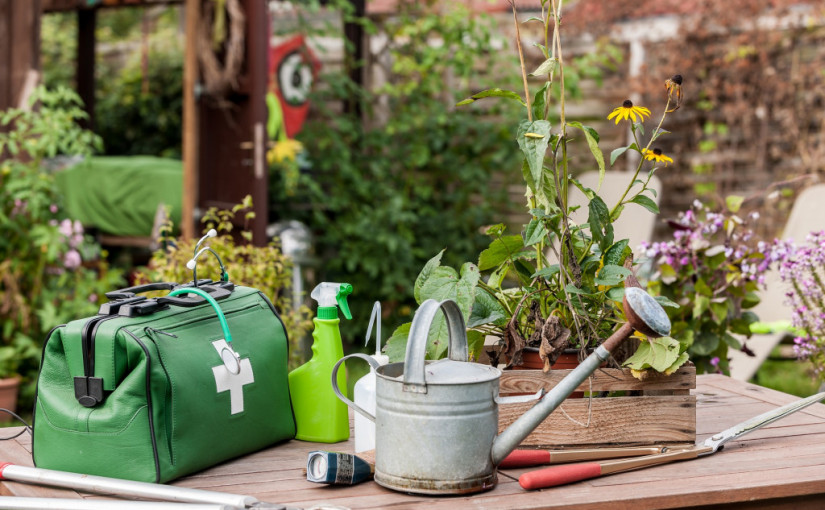Treating plants as patients with artificial intelligence (AI) as “their doctors” is the most prominent impression of Dr. Tania made by Neurafarm. This application is not only able to identify the disease of a plant through chatbot, but also through photos only.
Identification of disease with plants through text messages and photos are two of the main features of Dr. Tania. The deep learning technology that Neurafarm uses allows them to find symptoms and diseases of a plant with an accuracy rate of around 80% and above. The plants capable to identify are include 14 commodities, from tomatoes, corn, potatoes, to blueberries.
“We plan to add more, such as chilies, rice, and other basic commodities,” Neurafarm’s CEO, Febi Agil Ifdillah told DailySocial.
Dr. Tania feature is not only about that. It covers the gap of their AI inaccuracies with the consultation feature involving experts. Connecting farmers with agricultural knowledge which generally can only be obtained from a limited number of instructors. Another feature is the catalog of plant diseases and other agricultural stuff in the application.
Business model
Agil said Neurafarm applied a new freemium business model since May 15, 2020. By subscribing to Dr. Tania, farmers can access the application without any pop-up ads as well as consultation with more space for questions. Nevertheless, according to Agil, this freemium model is still a temporary pilot.
In addition to reaching farmers, Neurafarm also aims for the B2C segment. In this model, they provide solutions based on agriculture. “We’ll start this one in October and November,” Agil said.
Meanwhile, Neurafarm also took a peek at the opportunity to gain profit from urban agriculture trends in recent years. Agil said his team will launch an urban farm kit product that makes it easy for early farmers in urban areas.
Challenges for agritech in the region
Agil reveals the user number based on download was more than 7,500. He targets to double it and increase retention of application usage for the next six months.
“Our strategy has shifted in some ways, but we still want to increase our user base. Our goal is to encourage more productive farmers.”
The change in target occurred because of the current pandemic situation. However, as a general note, agriculture is one of the few sectors that survived during the Covid-19 outbreak. Agil said that the high number of Indonesian agritech players made this sector complement each other. Agritech, which focuses on the supply chain to lending, according to Agil, has helped farmers to adopt technology faster.
“The agricultural landscape is increasingly crowded, especially in the supply chain segment. It is expected more and more players will rise, therefore, the market is more educated and technology is getting easily adopted,” Agil concluded.
Neurafarm has been established since 2018. They are quite well-known as startups with achievements in some startup ideas competitions. In February, they joined Telkomsel’s acceleration program. Their funding status is currently at pre-seed stage.
Neurafarm can be said as the only local startup using AI for crop productivity. They actually come from the overseas player which expands to Indonesia.
Nevertheless, Agil remains optimistic that Neurafarm can pursue its mission in helping farmers increase their productivity using AI and contribute to providing humanity’s ever-increasing food needs in the future.
–
Original article is in Indonesian, translated by Kristin Siagian
